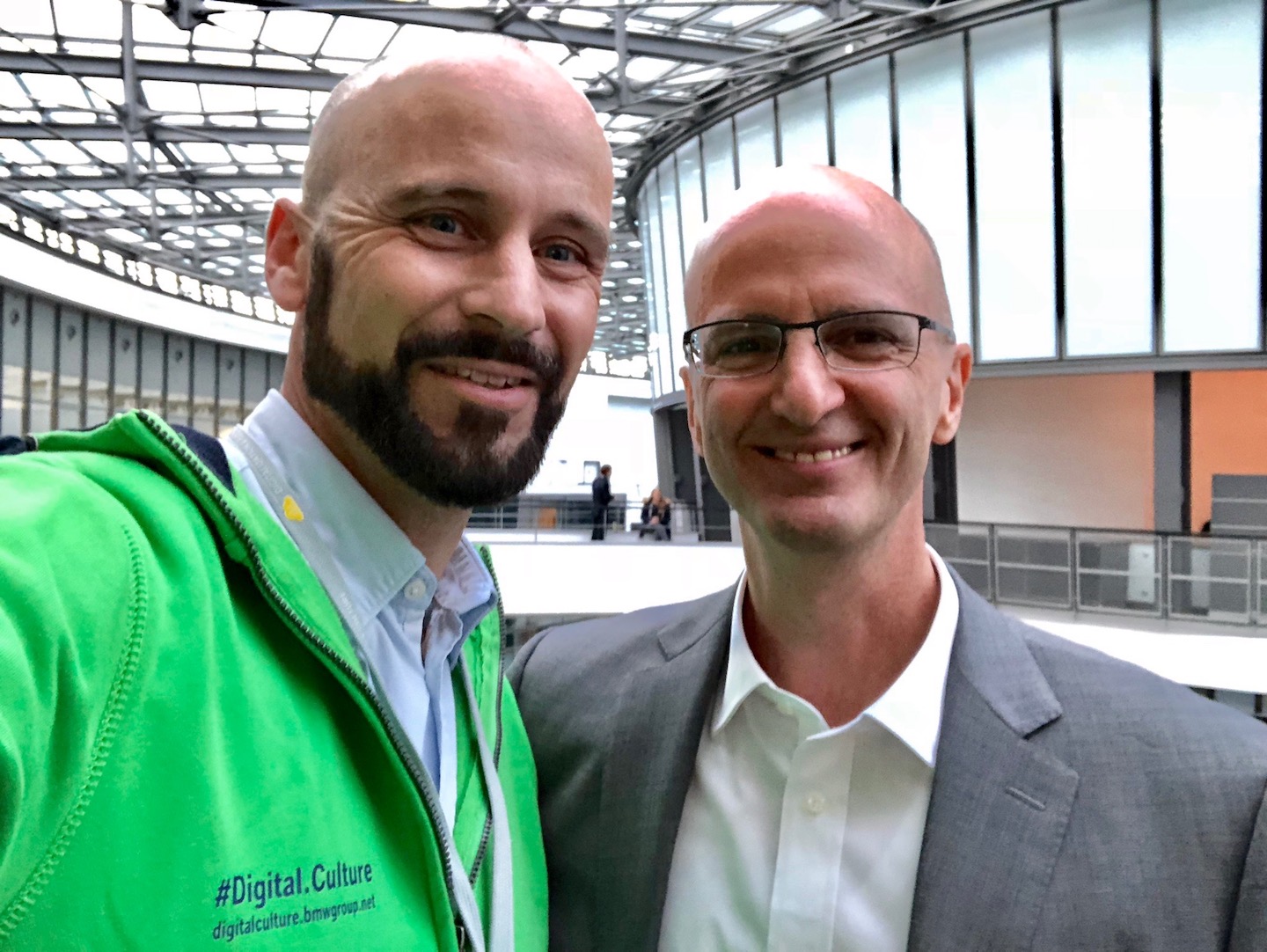Making decisions is often considered an essential element of leadership. An elite circle of executives makes decisions; at least the big and strategic ones and sometimes, depending on the level of trust in the organization, also decisions on details, leading to the plague of micromanagement. Reed Hastings, CEO of Netflix, is leading differently. He prides himself on making as few decisions as possible. And his success shows that he is right, as 20 years after its foundation Netflix is now the tenth largest Internet company in the world (Wikipedia).
I pride myself on making as few decisions as possible in a quarter. And we’re getting better and better at that. There are some times I can go a whole quarter without making any decisions.
Reed Hastings
The basic philosophy of Reed Hastings is “People over processes”. This directly results in the first principle in Netflix’s very worth reading and often cited cultural statement, namely to “encourage independent decision-making by employees”. For this to work, Netflix relies heavily on its second principle: “share information openly, broadly and deliberately”.
Everybody gets all the information. So what we’re trying to do is build a sense of responsibility in people and the ability to do things. I find out about big decisions now that are made all the time, I’ve never even heard about it, which is great. And mostly, they go well.
Reed Hastings
Decision-making starts on a micro level with “an open leave policy, no set rules on expense accounts or travel, and no spending ceilings on contract signings. Good judgment, not administration, is the operating principle” (Quartz at Work) allowing each Netflix employee to decide individually on the number of vacation days or due to the absence of travel guidelines. Reed Hastings successfully counts on responsible employees making good decisions for the benefit of the company. Where other organizations are so afraid of abuse that they can no longer see any light in the jungle of guidelines and incapacitation gets a little worse with each new directive, Netflix instead works with faith in personal responsibility. On a small scale as well as on a large scale.
Whoever thinks that this only works in Internet companies is completely wrong. The Buurtzorg nursing organization is rigorously committed to decentralization. The nurses at Buurtzorg are all generalists with regard to the different clinical pictures as well as with regard to the organization of their work. They plan and organize the care themselves, conduct job interviews, rent offices, plan training courses and much more, where the typical controller immediately smells wasted synergies. More than 10,000 employees now work in 850 teams at Buurtzorg in the Netherlands in this way. They are supported by a very lean back office with 45 employees plus 15 coaches and zero managers.
People always tend to act as they are considered. If we open the spaces of freedom, people will start developing themselves and they will set themselves ambitious targets.
Jean François Zobrist
Jean François Zobrist reorganized the French die casting manufacturer FAVI in mini factories, which made all decisions for their respective customers themselves. And he also relies massively on trust and the personal responsibility of the employees by eliminating guidelines in favor of trust. For example, there was a directive that a worker in order to get a new pair of gloves had to show the old pair to his supervisor and then receive confirmation from him, which he had to show to get the gloves from the locked warehouse. One day, during his first time as CEO, on a tour around the factory, Zobrist met a worker waiting in front of the warehouse for his new gloves, he recalculated and found out that this worker was operating a machine that cost 600 francs per hour, i.e. 10 francs per minute. Since the whole process took 10 minutes during which the machine stopped, the gloves worth 5.80 francs cost the company an additional 100 francs through this control mechanism! (Corporate Rebels, Part 1).
If you want people to to think, give them intent, not instruction.
David Marquet
However, the same principle of decentralized decision-making can also be found in a place where one would not expect it at all, namely on the nuclear submarine USS Santa Fe. Because he was trained on a completely different type of submarine, David Marquet as commander had immediately renounced to give orders and thereby strengthened the self-responsibility of the crew, which finally led to the USS Santa Fe advancing from worst to the best submarine of the Navy:





